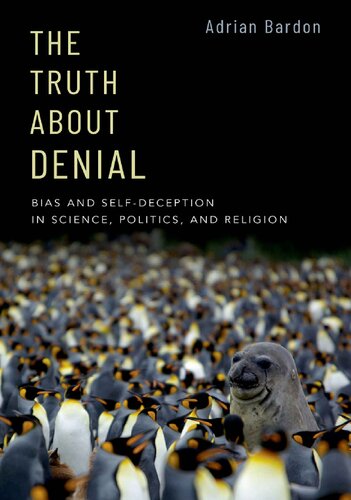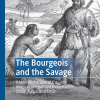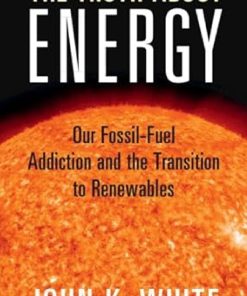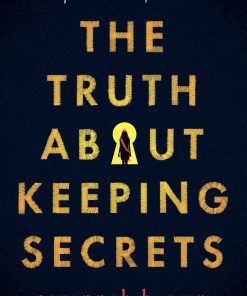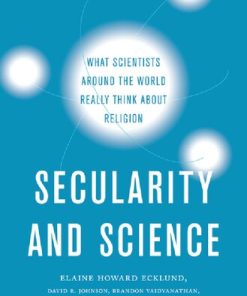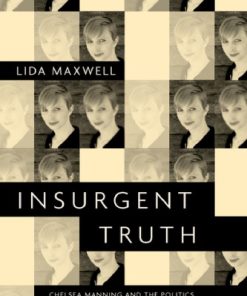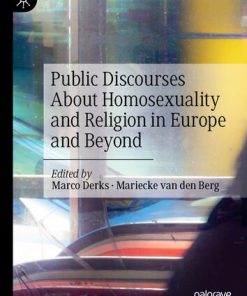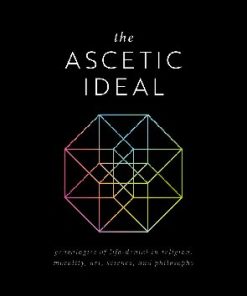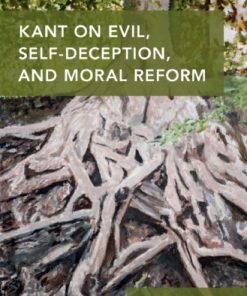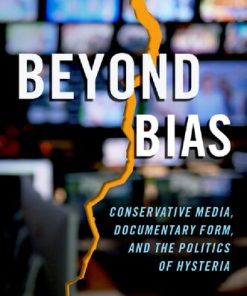The Truth About Denial: Bias and Self-Deception in Science, Politics, and Religion Adrian Bardon
$50.00 Original price was: $50.00.$25.00Current price is: $25.00.
The Truth About Denial: Bias and Self-Deception in Science, Politics, and Religion – Ebook Instant Download/Delivery ISBN(s): 9780190062279,0190062274
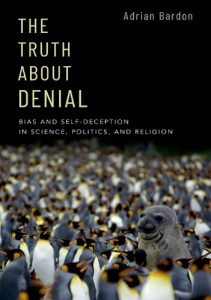
Product details:
- ISBN-10 : 0190062274
- ISBN-13 : 978-0190062279
- Author: Dr. Adrian Bardon
This is an open access title available under the terms of a CC BY-NC-ND 4.0 International license. It is free to read at Oxford Scholarship Online and offered as a free PDF download from OUP and selected open access locations.
People believe what they want to believe. It is a striking-yet all too familiar-fact about human beings that our belief-forming processes can be so distorted by fears, desires, and prejudices that an otherwise sensible person may sincerely uphold a false claim about the world despite overwhelming evidence to the contrary. When we describe someone as being “in denial,” we mean that he or she is personally threatened by some set of facts and consequently fails to assess the situation properly according to the evidence, instead arguing and interpreting evidence in light of a pre-established conclusion.
In a world polarized over politics, culture, race, and religion, it is evident that ideological commitments can influence one’s perception of reality in socially destructive ways, especially when one perceives a threat to these commitments. When group interests, creeds, or dogmas are threatened by unwelcome factual information, biased thinking can become ideological denialism. This is a problem that affects everybody: Whereas denial can interfere with individual well-being, ideological denialism can stand in the way of urgent advancements in public policy.
Table contents:
1. Bias and Belief
1.1 What Is Denial?
1.2 “Hot Cognition”
1.3 Mechanisms of Motivated Reasoning
1.4 The Origins of Denial
1.5 Pathological Ideology, and Denialism as a Social Phenomenon
2. Science Denial
2.1 Climate Science Denial
2.2 Personality, System, and Status Quo
2.3 The Asymmetry Thesis
2.4 Science and Societal Change
3. Pride, Prejudice, and Political Economy
3.1 Political Economics
3.2 Poverty and the Fundamental Attribution Error
3.3 Classism and Racial Stereotyping
3.4 The Liberty Argument
3.5 Asymmetry Again
4. Religion
4.1 Reasons to Believe
4.2 Is It Even a Belief?
4.3 The Origins of Religiosity
4.4 Tenacity
4.5 The Problem(s) with Religion
4.6 The Retreat into Abstraction
Afterword: Directions for Science Communication
A.1 More Information?
A.2 Message Framing and Delivery
Index
People also search:
a nation in denial the truth about homelessness
why is denial unhealthy
why is denial bad
is denial lying
is denial bad
what do they say about denial
You may also like…
Engineering - Environmental
Fiction - Literary Fiction
Religion & Spirituality - Religious Studies
History - American Studies
Insurgent Truth: Chelsea Manning And The Politics Of Outsider Truth-Telling Lida Maxwell
History - World History
Public Discourses About Homosexuality and Religion in Europe and Beyond 1st Edition Marco Derks
Politics & Philosophy - General & Miscellaneous Philosophy
Politics & Philosophy - Social Sciences
Politics & Philosophy
Politics & Philosophy - Anthropology


